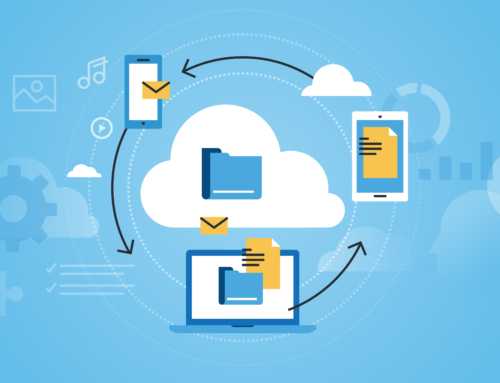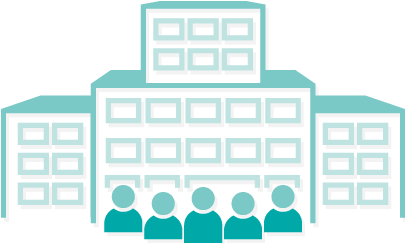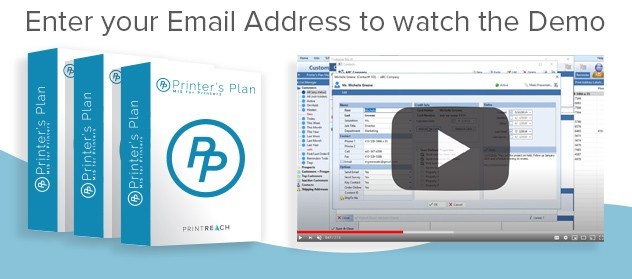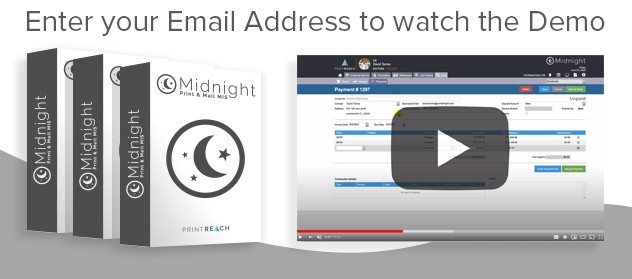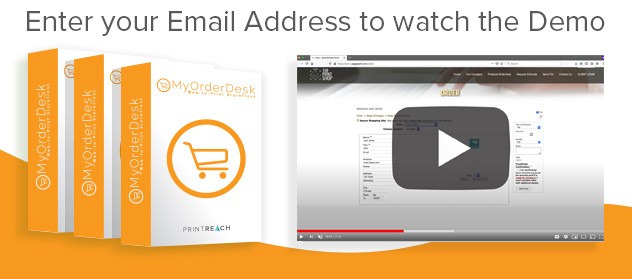API is the acronym for Application Programming Interface. At its core, API helps various computer applications communicate with each other, serving as the go-between that facilitates sharing data and information. This function may seem basic but it is the foundation of modern banking, business, education, and healthcare. In a corporate environment, APIs save time through increased efficiencies, improved communications and increased customer engagement.
MIS and API
Nearly every type of business has a core management information system (MIS), which is the software platform that supports the bulk of their business activities. There are several MIS systems on the market. Many are designed to serve the specific needs of an industry while others deliver a solid general business platform. Regardless of its purpose and design, no MIS system can serve the unique needs of each user and API allows these users to connect other software tools to their MIS. Through API, a company can seamlessly integrate their, accounting, marketing, communication, and other applications into their management information system and reap significant benefits.
For example, using APIs, a company can improve its customer service and operations by linking online purchases to their payment gateway, inventory system, and fulfillment center. Many companies rely on APIs to link their MIS databases to their marketing and sales software to automate the process and increase engagement. Even the social media icons found on most business websites utilize APIs to quickly link people from the company’s landing page to these platforms.
Business Benefits of API
By linking key software packages to your MIS, APIs allow you to:
Customize the system. Through APIs, you can select the applications you need and integrate them with your MIS to create a customized system that supports your operations.
- Eliminate multiple login requirements. When programs are connected through API, only one login is needed to access each of them, saving time and reducing frustration.
- Share data between programs. When data is entered into one program it is automatically accessible across the system. For example, if you create a new customer account in the marketing and sales program, the information is immediately available in the accounting program and other linked applications.
- Reduce human error. Since data is shared across the linked programs, it is only entered once rather than multiple times, which results in higher quality information.
- Save time. The culmination of the other benefits results in less time spent on mundane tasks and more time spent focused on your business.
Additional benefits of API will depend on the specific needs of an organization but can include:
- Improved Inventory Management
- Reduced Accounts Receivables
- Responsive Mobile Website
- Empowering Customer Portals
- Improved Supply Chain Management
- Increased Customer Engagement and Satisfaction
- Higher Conversion Rates
- Improved Communication and Collaboration
- Reduced Time-to-Market for New Products
The ability to connect databases, from supplies on hand to scheduling, can keep a business running smoothly, and this is all possible with APIs.
Today’s technologies would not be as powerful or effective without APIs. At Print Reach our robust API module ensures that you have the programs you want integrated with the most powerful and flexible print, mail and fulfillment MIS platforms in the industry. Contact us to learn about our products and how we can help your company achieve its full potential.








